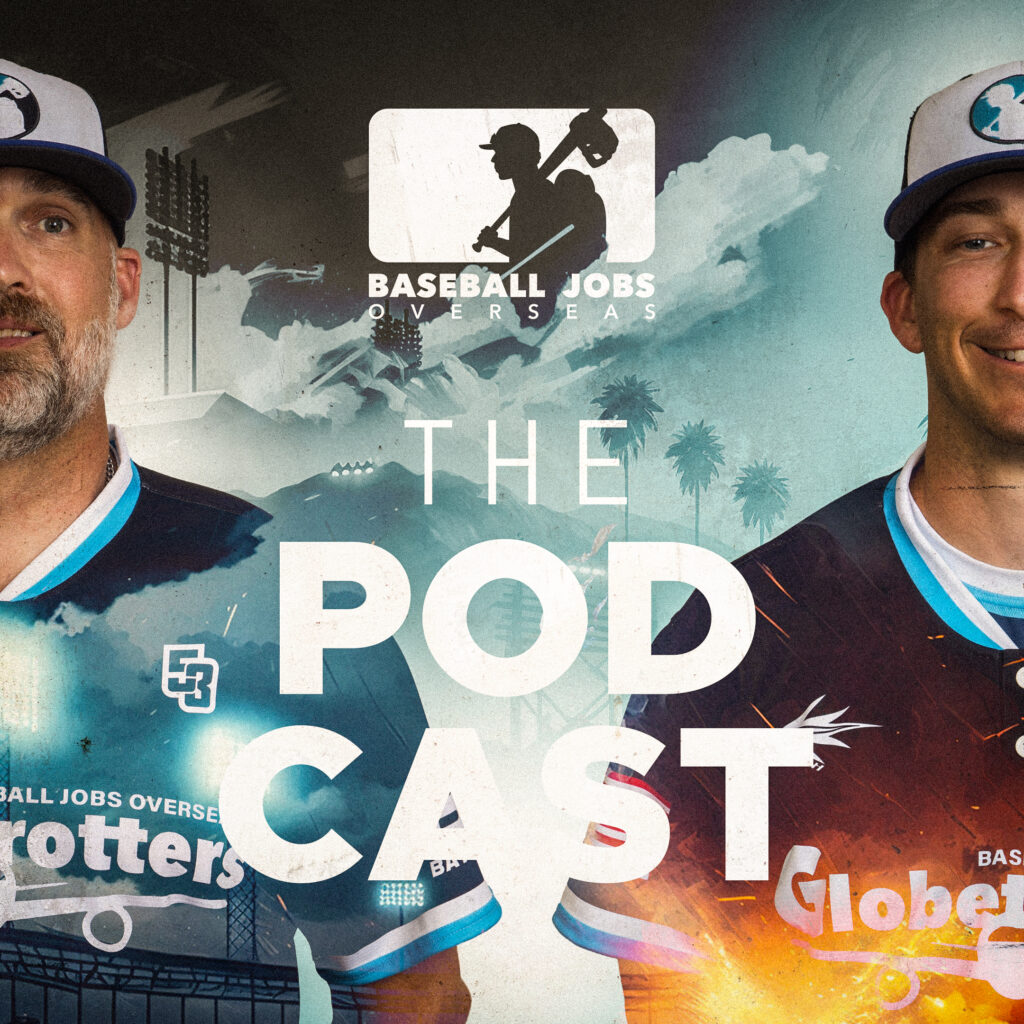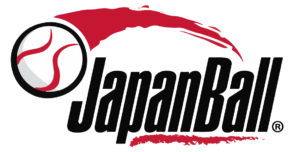Last season, Matt Malconian started his overseas career in Germany with the Füssen Royal Bavarians, a slight change of scenery from his San Diego desk job. Matt had entered the corporate world after a club baseball career at San Diego State where he was the co-founder, president and head coach of the SDSU club team. After working in corporate finance for four years, the native Californian began longing for more out of life. That’s when he stumbled across BBJO.
“There’s only so much glamour and fun about being a ‘weekend warrior’… slaving away for 10 hours a day Monday through Friday, and then [saying], ‘okay well, at least it’s Friday, right?’ … I looked more into BBJO and was like, ‘Wow this is it, I’m going! See ya, Microsoft Excel, I’m outta here!'”
Matt’s transition from Weekend Warrior to Saturday Starter was accompanied by a full coaching schedule, which was his chance to make a big impact on the little Bavarian club.
“It was awesome spending the time and teaching [the parents of youth players] baseball as well as their kids, because they never played baseball but it obviously brought their kids joy, they had fun doing it and they made friends doing it, and so did I.”
In Germany’s 2nd Bundesliga, Matt tallied 111 strikeouts in 64 innings with only 6 earned runs for a 0.84 ERA. He accredits these video game-esque numbers to the competitive edge that was chiseled by his formative years as a young pitcher. Not only was Matt cut from freshman tryouts in high school, he was also turned away from SDSU’s Division I walk-on workout.
“I do feel like I have to prove myself all of the time, and I’m honestly kind of grateful for it. In high school, I became a better pitcher because I was always in fear that I was going to get cut again. And then when it came to college ball, I didn’t make the NCAA team so I started my own team and improved myself that way.”
Matt’s high school career ended in underdog glory as he closed the Los Angeles city championship game at Dodger Stadium, and clinched the win in front of friends and family. His college days ended similarly. “I threw a perfect game my senior year, and we won the [NCBA] World Series.”

About his time in Füssen, he’s not short on good things to say. “I knew that they were gonna lean on me a lot to help run the coaching and to pitch a lot. I didn’t know how much I would feel appreciated. They made it clear that they loved me, frankly, not to toot my own horn… but it was really nice interacting with those people for the 6 months because they really loved having me there.”
Looking for a new challenge to follow his season in Germany, Matt decided to register for the Japan Winter League. “It’s just been about having the best experience around baseball I could create for myself. Coming to Japan was the next level of that.”
Landing in Okinawa, the 25 year old entered a baseball environment with a level of resources, organization and professionalism that he had yet to experience in his career. “Getting in this new professional environment, I feel like I’m playing minor league baseball. It’s so much more organized and more competitive. The guys are getting hacks in two hours before the game, they’re still at the stadium until it’s dark outside, they’re trying to get better and get signed. “
Like everyone else in the JWL, Matt’s registration fee was an investment in himself. The pay-off came on December 9th, when the Bibai Black Diamonds of the Hokkaido Independent League pulled him aside after a game.
“On Saturday, I threw 5 innings, struck out 9 guys, had a really good start, and those three guys — the owner, the director and the coach — approached me after the game, and they just just made me an offer right there. …I was like, ‘yeah I’m interested!’ and they all got excited and started shaking my hand.”

In Matt’s early outings this season, he realized that the Japanese play a different style of ball. Now with Hokkaido on the horizon, he acknowledges how he can improve his performance on a Japanese stage. “They definitely put the bat on the ball more. They’re kind of like slap hitters, especially those lefties. And when they swing and miss they do this spin thing, they spin around twice in the box, it’s funny.
But I will definitely be working more on my inside fastball and outside slider. It seems like every outside fastball I throw, they can just slap it [the opposite way]. Trying to jam a Japanese guy inside is definitely more effective than just trying to hit the outside corner because they’ll stick the bat out on it, that’s what they’re good at.”
Naturally, Matt’s JWL experience has helped him prepare for playing in Japan this year. His JWL roommate also disclosed what might deter those of us who like it when our legs don’t hurt. Teams in Japan practice up to 14 hours per day, 6 days per week. When Matt asked what the pitchers do, his roommate responded, “Run.”
But Matt is always expectant of some adversity, and he’s ready for the challenge. “One of the big things that really helps [when importing] is centering the whole thing around baseball. Like if I moved to Hokkaido and was working in corporate finance and trying to figure out my life that way, that would be a lot more difficult than my situation, where I’m going there to compete alongside other baseball players and win. We both speak the same language of baseball, it doesn’t matter if I don’t speak Japanese or they don’t speak English, we both speak baseball, and we both speak the drive and will to win. So having that as our kind of core value or centering thought is reason enough to make me want to go there and be able to work with those people there.”
Aside from his will to win and his humble, friendly nature, Matt’s got another thing going for him in a Japanese clubhouse: the guys love his sweet ‘stache.
Not ready to hang them up? Seeking a new career path?
Annually our members sign over 300 contracts overseas. There are a variety of levels overseas which present opportunities for players and coaches, both aspiring and established professionals.




 Moonshot is a baseball apparel company based out of Mannheim, Germany, and is owned and operated by a good friend of ours, Juan Martin. What separates Moonshot from the other companies we have used in the past, is the value for your money and the customer service. You will not find prices like this in Europe or someone that responds faster.
Moonshot is a baseball apparel company based out of Mannheim, Germany, and is owned and operated by a good friend of ours, Juan Martin. What separates Moonshot from the other companies we have used in the past, is the value for your money and the customer service. You will not find prices like this in Europe or someone that responds faster. 
 High end, professional wood and composite bats with a wide selection of models using many different types of wood from Japan, North American and Taiwan. Hakusoh Bat is approved with the WBSC and across Europe.
High end, professional wood and composite bats with a wide selection of models using many different types of wood from Japan, North American and Taiwan. Hakusoh Bat is approved with the WBSC and across Europe. 




